How to Fix Assassin’s Creed Origins Crashes and Freezes
Assassin’s Creed Origins is a part of some of the most successful gaming franchises of all time. The game is an open-world, historic, adventure and stealth masterpiece but plenty of people struggle with opening the game and playing it normally because of constant crashes.

This is a major problem and it appears on various versions of Windows. However, the crashing problem can be solved using several methods which have worked for plenty of users online. Some methods are easier and some are difficult but each one has a good chance of solving your problem permanently!
What Causes Assassin’s Creed Origins to Crash?
The most common cause is an NVIDIA’s setting called FXAA which is not fully supported by all games. Also, several newer NVIDIA’s drivers can’t handle the game properly and you might need to use some of the older drivers. Finally, certain temporary files on your computer need to be deleted to prevent crashing, as several users have suggested.
Solution 1: Disable FXAA in NVIDIA Control Panel
Fast Approximate Anti-Aliasing (FXAA) is an NVIDIA technology which uses less computing power than the conventional Anti-Aliasing but it can sometimes cause problems with various games, including Assassin’s Creed Origins. The setting can be changed on a global level or for a specific game so make sure you follow the steps below to do it.
- Right-click on your desktop and select the NVIDIA Control Panel option from the drop-down menu or double-click the NVIDIA icon in the system tray. The NVIDIA Control Panel is also available in the regular Control Panel.
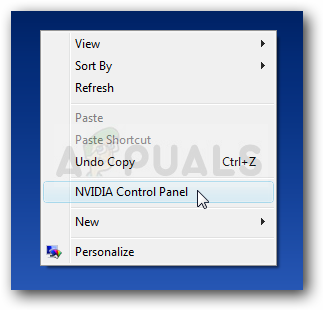
- Under the 3D settings section at the left navigation pane, click on Manage 3D settings at the left navigation pane and navigate to the Program Settings tab.
- Click on Add and make sure you browse your PC for the executable which is used to launch Black Ops 2. The easiest way would be to right-click the game’s shortcut on the Desktop and choose the Open file location option which will also select the required executable.
- Alternatively, Steam users can open Steam, navigate to the Library tab, right-click the Black Ops 2 entry and choose Properties >> Local Files >> Browse Local Files to find out the proper folder.
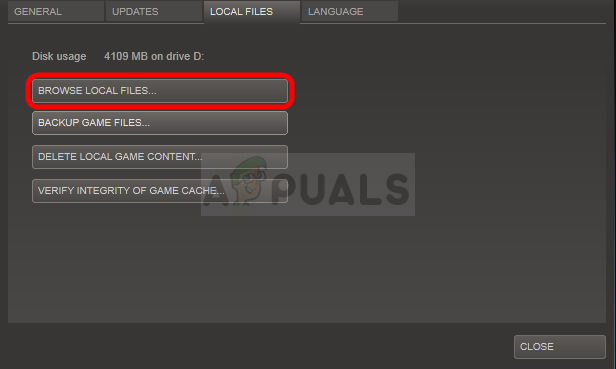
- You can also browse manually if you know where you have installed the game. It is installed to C >> Program Files by default. Under the Settings section, look for the “Antialiasing – FXAA” entry and click the arrow to the right. Set it to off and confirm your changes.
- Check to see if the Assassin’s Creed Origins crashing has disappeared after you restart your computer and relaunch the game.
Solution 2: Update or Roll Back NVIDIA’s Drivers
Plenty of newer NVIDIA drivers have struggled to keep the game from crashing and plenty of users actually said that rolling their driver back to 388.71 was able to fix their problem. We recommend you try this version of NVIDIA’s driver as well. You can also try the newest driver if this one doesn’t work out!
- Click the Start menu button, type in “Device Manager” afterwards, and select it from the list of available results by simply clicking the first one. You can also tap the Windows Key + R key combo in order to bring up the Run dialog box. Type in “devmgmt.msc” in the dialog box and click OK in order to run it.
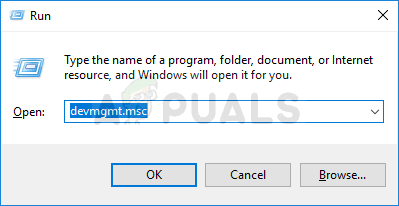
- Since it’s the video card driver you want to update on your computer, expand the Display adapters section, right click on your graphics card and choose the Uninstall Device option.

- Confirm any dialogues or prompts which may ask you to confirm the uninstallation of the current graphics device driver and wait for the process to complete.
- Look for your graphics card driver on NVIDIA’s site. Input the required information about the card and your operating system and click on Search.
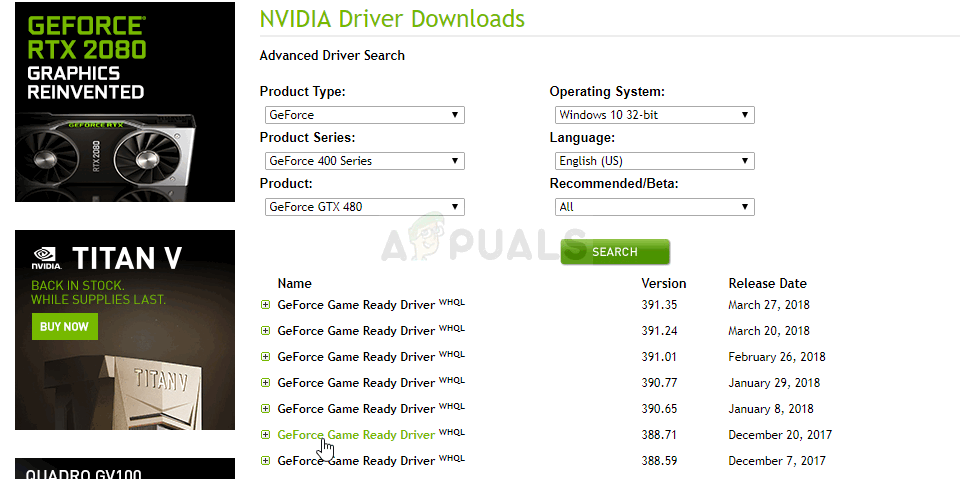
- A list of all available drivers should appear. Make sure you scroll down until you reach the 388.71 entry, click on its name and the Download button afterwards. Save it to your computer, open it, and follow the instructions on-screen in order to install it. Check to see if AC: Origins still crashes!
Solution 3: Delete Temporary Files from Your Computer
This easy fix has worked for plenty of people and it’s quite simple to do. Still, it doesn’t fix the problem completely in all cases but it won’t affect your experience and it may even prevent other problems from occurring on your computer.
The Temp folder is located on your computer and it hosts temporary files used by various programs. These files can definitely pile up and cause various problems. Your best bet is to simply delete them and check to see if Assassin’s Creed Origins crashing continues.
- You can use the Windows Logo Key + R key combination in order to bring up the Run dialog box. Type in “%temp%” in the dialog box which appears and click OK or tap the Enter key in order to open the Temp folder.
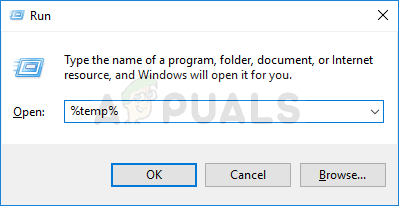
- Alternatively, you can open the File Explorer on your computer and navigate to the folder manually. Open This PC or My Computer and open your Local Disk.
- Navigate to Users >> >Your Username >> AppData >> Local >> Temp. If you don’t see the AppData folder, click on the “View” tab on File Explorer’s menu and click on the “Hidden items” checkbox in the Show/hide section.
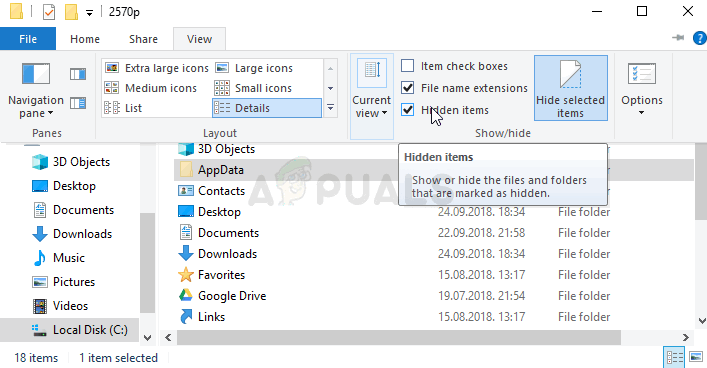
- Delete as many files as you can from the Temp folder and check to see if Assassin’s Creed origin keeps crashing.





